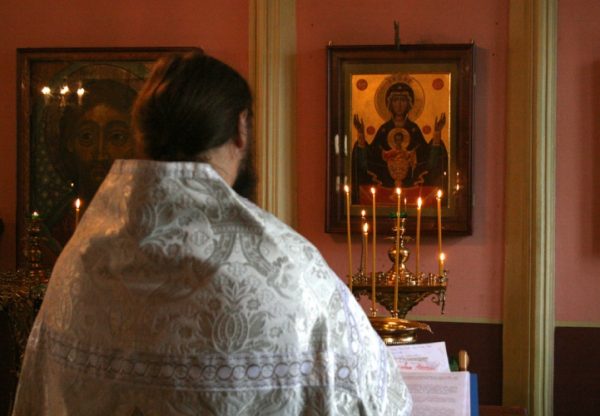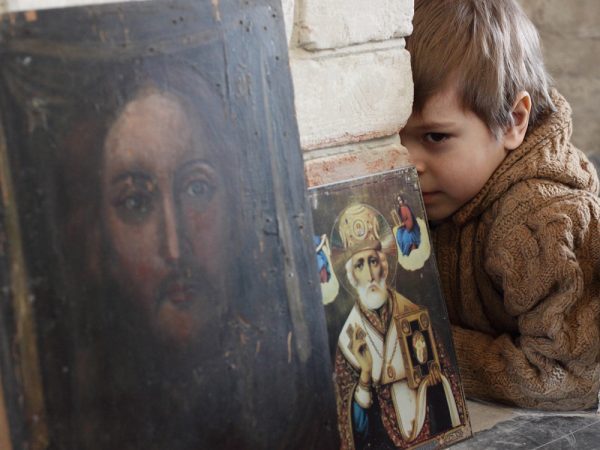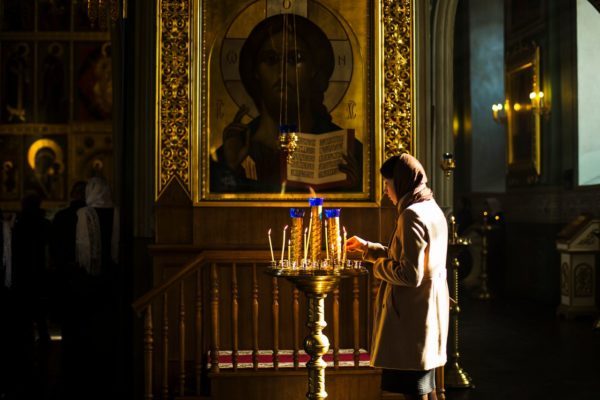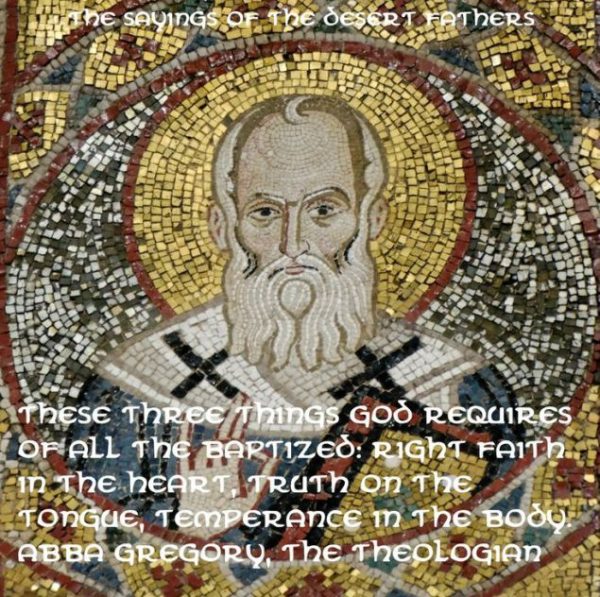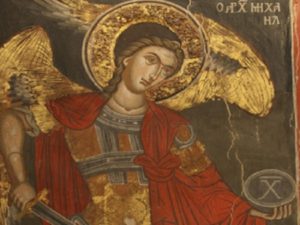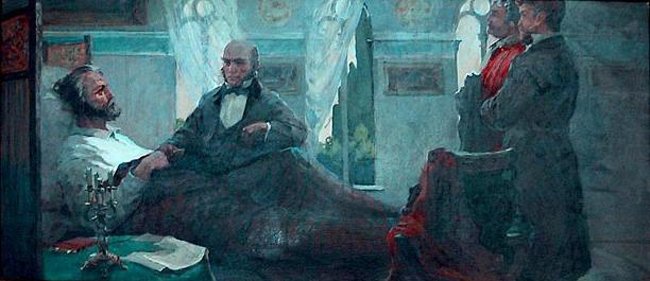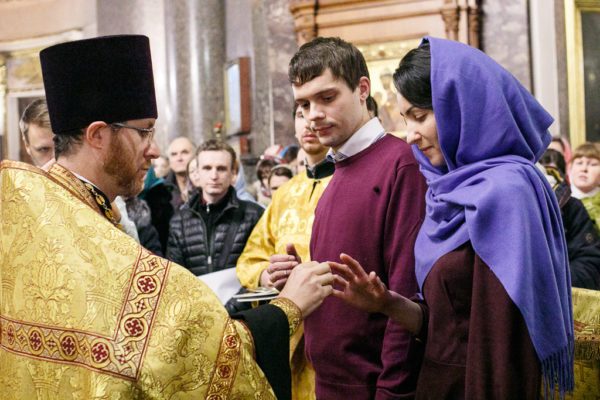It is unfortunate that in our days we don't use freedom to do good and become holy; instead, we use freedom to become more secular. In the past, people would work all week and rest on Sunday, a holy day. Now, they rest on Saturday as well. But are their lives more spiritual? Or are they more sinful? If people spent their time on spiritual work (prayer, spiritual study and so forth), things could have been different; people would live more conservative and decent lives. But we poor human beings try to rob time from the spiritual things, from Christ. People who live in the world will arrange to do all their heavy chores on Sundays. They are trying to find one Sunday for this chore, a holy day for another, and that's how they bring God's wrath on themselves. Why would the Saints then come to their assistance? Turn Sunday into a chore day? Never! Even if others offer to help us on that day, we should never accept it. Not on a Sunday.
We will not allow God to be in charge. And so, everything that we do without faith in God has nothing to do with Him; it belongs to the world. It does not have His blessing and for this reason the outcome is never good. When this happens we like to say, "It's the devil's fault." Well, not really. It's not the devil's fault but ours, for not letting God help us. When we work on holy days, we give the devil rights and then he gets involved in our affairs. The Psalm reads, Better is a little that the right eons has than the abundance of many wicked. This is the kind of life that will receive a blessing. The rest is as worthy as shavings. But in order to live this way, we must have faith, philotimo and reverence, and put God in charge of our lives. Otherwise, we'll never get the job right whether it is on holy days or on week days and we'll end up spending our time on nonsense. And you'll see that God will never abandon you. I have never worked on a Sunday or a feast day, and God has never left my side and has always blessed my work.
I remember once, some threshing machines were brought to the village, and my father was notified that they could start on Sunday from our fields, and then move downhill to other lots. My father said to me, "What should we do? The machines are here." "There is no way I will work on Sunday," I replied. "We can do it on Monday." "But," my father objected, "if we miss this opportunity, we'll have such a hard time threshing with the horses." "That's fine with me," I said. "If I have to, I'll be threshing all the way to Christmas." So, I went to Church anyway, without giving the matter any more thought. Well, as the machines started coming toward our field, they broke down. "Forgive us, but the machines won't work. We'll take them to Yiannena and fix them, and when we come back on Monday, you will be first in line"! So instead of threshing on Sunday, they ended up threshing on Monday. I've seen this kind of thing happen so many times.
St. Paisios

